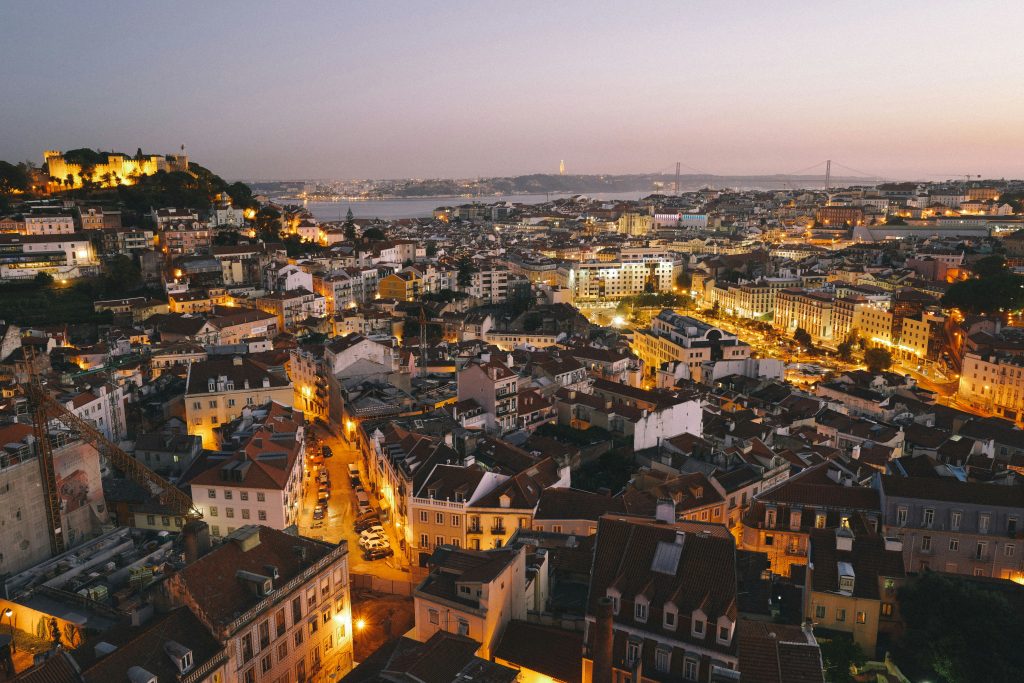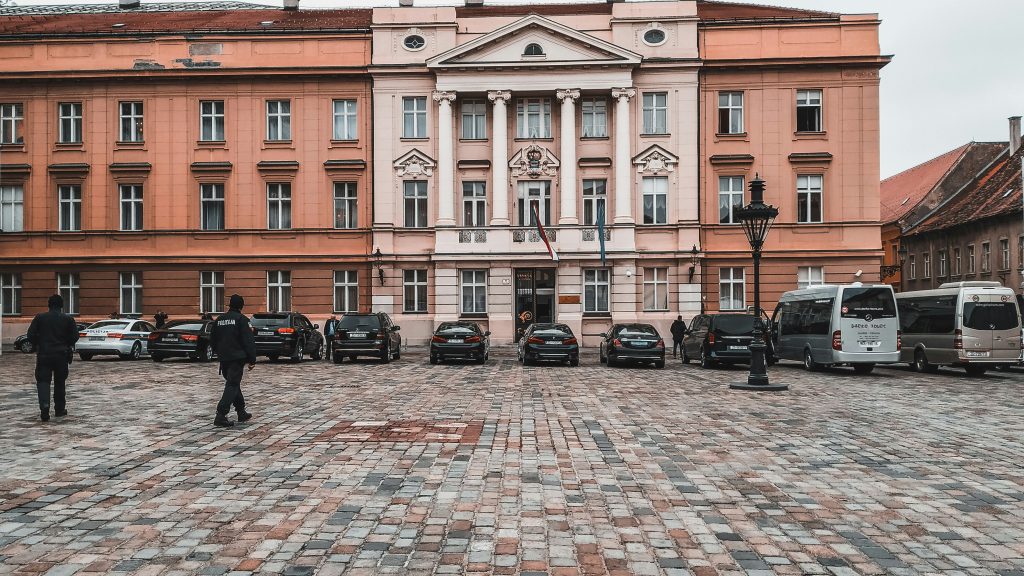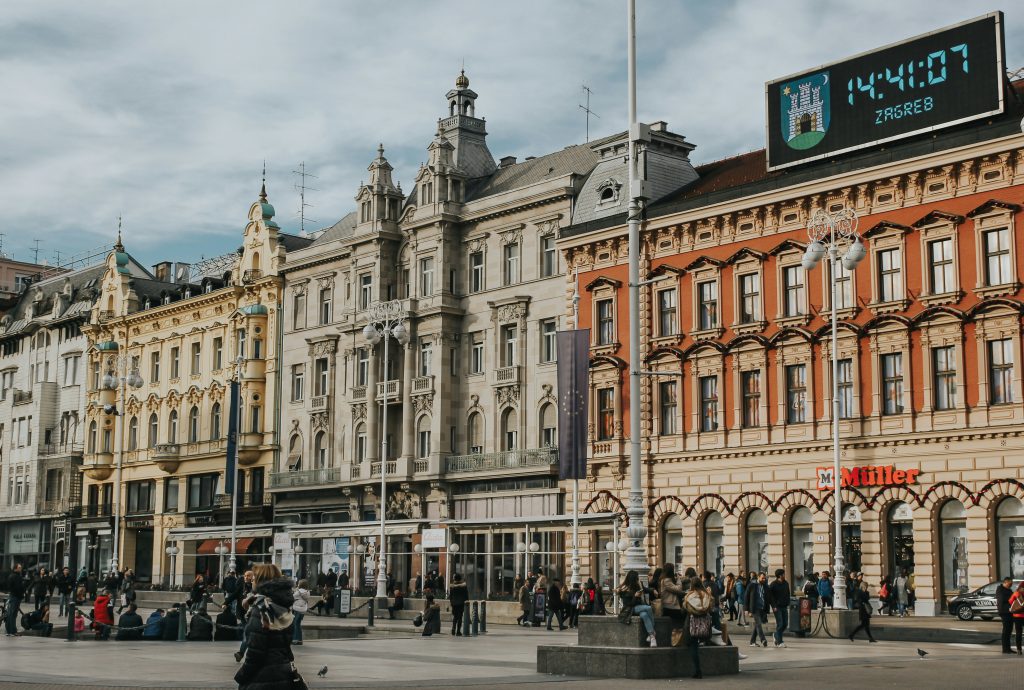July the 25th, 2024 – Croatian purchasing power is increasing, with the country having overtaken two other EU Member States in two years.
As Poslovni Dnevnik writes, the real income gap between Croatia and the majority of the rest of the EU is firmly decreasing and Croatian purchasing power is on the up. In terms of said purchasing power, Croatia have overtaken both Portugal and Latvia in two years. Hrvoje Stojić, the chief economist of the Croatian Employers’ Association (HUP) revealed the above recently.
In addition to Croatian purchasing power rising, the share of part-time jobs at the level of the EU average, which tend to reduce the average number of working hours, is almost four times higher than in Croatia (30.5% vs. 8.6%). From 2015 to 2023, the share of part-time jobs at the EU level increased slightly from 28.5% to 30.5%, while in Croatia it decreased from 12.3% to 8.6%. It’s possible that at higher levels of real income, some employees also actually actively choose to work less.
portugal, latvia, slovakia…

Although in terms of productivity Croatia has been the sixth economy from the very bottom on the EU scale for several years now, the data on medial income according to purchasing power parity show a continuous strong reduction of the real income gap compared to the EU average from -43% in 2017 to -33% in 2023 with a tendency further strong improvement throughout 2024. According to that criterion, in the last two years, Croatia has not only overtaken Portugal and Latvia, but the former Eastern European industrial ‘tiger’ Slovakia has been behind Croatia for years.
To raise the level of productivity – which is a prerequisite for shortening the working week – it is necessary to implement a series of reforms. These would work to further strengthen the overall attractiveness of Croatia as an investment destination, which would also encourage investments made by companies.
croatia’s tax system must be simplified

Productivity per working hour in Croatia from 2024-2028 should, according to estimates, grow at a rate of 1.9%, which is lower than the average of the CEE region (2.6%). Because of that, Croatia’s economic policymakers should focus on strengthening the competitiveness of private companies. In addition, they should continue reducing the total tax burden and abolishing/reducing parafiscal levies, as well as expanding the tax base and ensuring the simplification of the tax system. It is extremely important to equalise the tax burden across the domestic economy and cut parafiscal levies so that start-up investments receive similar treatment.
“In the short term, we’re also advocating for further deregulation and general policies that facilitate business conditions, strengthen energy and digital infrastructure, and attract more capital-strong and technologically-advanced investors. We also want more support provided to strategies for growing private companies with export ambitions,” reads the analysis.
Among the levers that have a positive effect on productivity growth and don’t produce results overnight, HUP highlights the policies of the education system in favour of increasing the number of employees with tertiary qualifications. They also seek incentives for spending on research, development and innovation (RDI) in companies, as well as strengthening mobility on the labour market.
For the growth of the productivity of agricultural production, a strategic economic sector of the Croatian economy, it is crucial to change the Law on Agricultural Land and prevent the rise of administrative costs that fragment agricultural production and impair its profitability.










